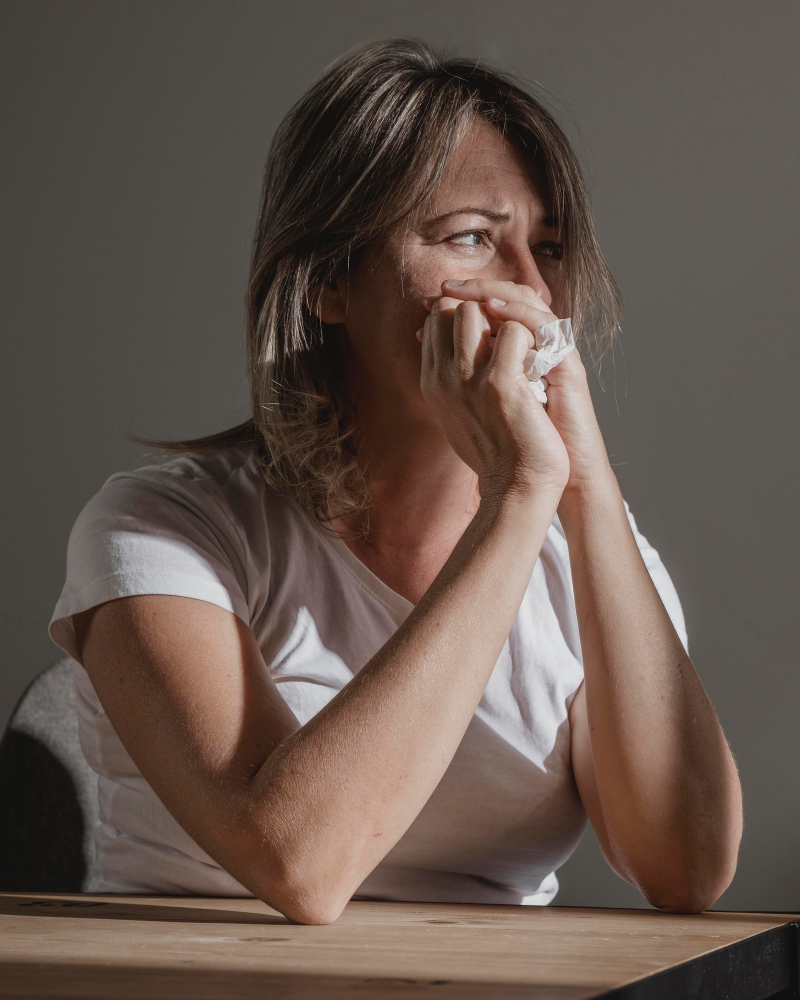I was not a neglected child. I was a free one.
My parents let me climb trees, dig tunnels, wear the same clothes two days in a row. They let me be muddy. They packed my lunches in yoghurt containers—fragrant, bright stir-fries with garlic and ginger, rice stained with tamari, vegetables still alive with colour. They believed in autonomy, not assimilation. I had liberty, in a way many children did not.
But liberty is not always a kindness in a classroom.
Because freedom marked me. And it made me strange.
Around me were children with pristine lunch kits and folded napkins. They had sandwiches on white bread, cut on the diagonal. Bologna. Ketchup chips. Red liquorice twisted into symmetrical ropes. Their meals were silent. Mine spoke. Their snacks blended in. Mine announced me.
I was not bullied, exactly. Not in the overt sense. But I was othered. In small, persistent ways. I tried to make friends, but every gesture landed sideways. Every attempt was slightly too loud, too intense, too wrong. It didn’t feel like rejection at first. It felt like confusion. A social riddle I could not solve.
-
The politics of politeness: how tone-policing silences parent advocates
When a parent dares to speak plainly about harm—especially when that harm is systemic, ongoing, and inflicted upon a disabled child—they are swiftly met with a familiar response: watch your tone.
The rules of belonging
No one told me the rules. But I learned them.
I learned that being clean mattered more than being curious. That white bread meant safety. That sandwiches should not be on brown bread.. That silence and sameness were the currency of connection.
So I began to mask. I didn’t have that word then—but I started to watch myself. To study. To correct. I stopped bringing the foods I loved. I stopped talking about my family’s rituals. I tried to be less of whatever I was. Not because anyone explicitly demanded it, but because I wanted to be chosen. Because I wanted someone to sit with me.
Children form social groups that seem soft on the surface but are razor-edged underneath. These groups reward sameness. They do not tolerate variance. They protect each other by excluding difference. Not out of cruelty, but out of instinct. They are building something—an identity, a stability—and difference threatens that fragile coherence.
Shame is a teacher, too
What I felt then was shame. Not the useful kind—the moral prompt that says you’ve hurt someone and should make it right. But the corrosive kind. The shame of existence. The shame of being “too much” in a world that wants you quiet, sanitized, and easy to classify.
Shame taught me to hide. It taught me to check and double-check. It taught me to conform, not because I believed in the rules, but because I feared what would happen if I didn’t.
This is how masking begins
Not as a conscious decision, but as a survival adaptation. You see what earns laughter, what invites disgust, what makes the other kids lean away. And then you shape yourself to fit. You become a soft echo of their preferences. You become someone who passes.
But passing is lonely.
-
Why are neurodivergent students more likely to be harmed by collective punishment?
Neurodivergent students—especially those who are autistic or have ADHD—often experience the world with heightened sensitivity. They may communicate overwhelm, fear, or distress through behaviour rather than speech. These responses are not disobedience; they are expressions of unmet needs, sensory overload, or nervous system…
The cost of invisibility
There’s a myth that masking is empowering. That it lets us navigate the world more smoothly. But masking does not make us more accepted. It makes us invisible.
And worse—it makes us ashamed of what we used to be. Of who we are under the mask.
I still remember the smell of those lunches. The oil slicked across the broccoli, the sharpness of vinegar and heat. I loved that food. But at some point, I stopped eating it in public. I started asking for sandwiches. For safe things. For silence.
And what I lost was not just flavour. I lost access to myself.
What children learn when they are made strange
This is why collective punishment—whether formal or social—is so devastating for children like me. It doesn’t just correct behaviour. It demands erasure. It says: you must become someone else to belong. You must betray your preferences, your sensory world, your culture, your rhythms.
And the worst part is, it almost works.
Almost.
Until one day you’re older, and you realise you don’t know what you like anymore. You don’t know where your shame ends and your self begins. You’ve been apologising for your own existence for so long that the apology is the self.
But sometimes the smell of ginger brings it back. The memory of a lunch that tasted like home. The memory of a child who wasn’t trying to be normal—only hungry, and loved.









